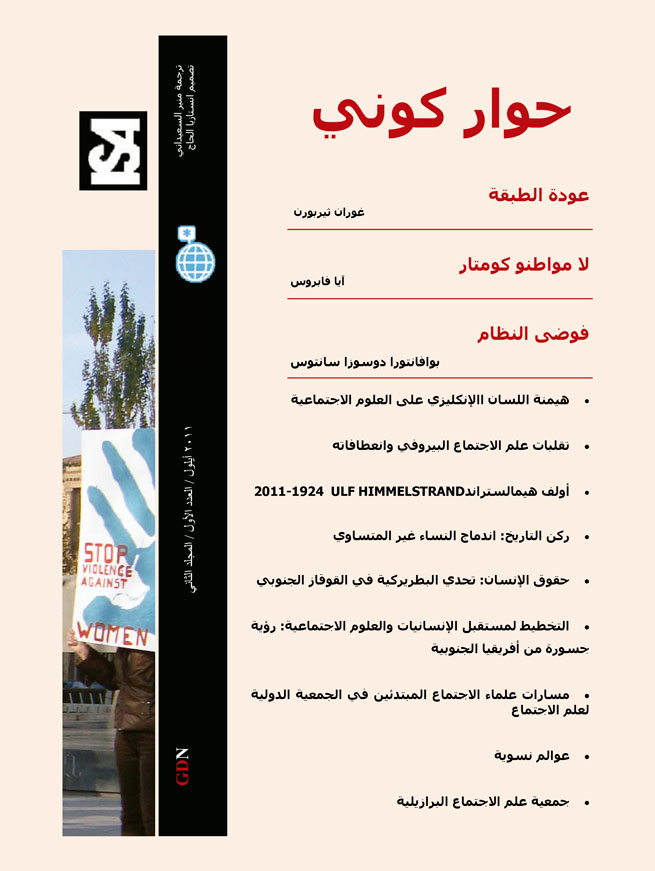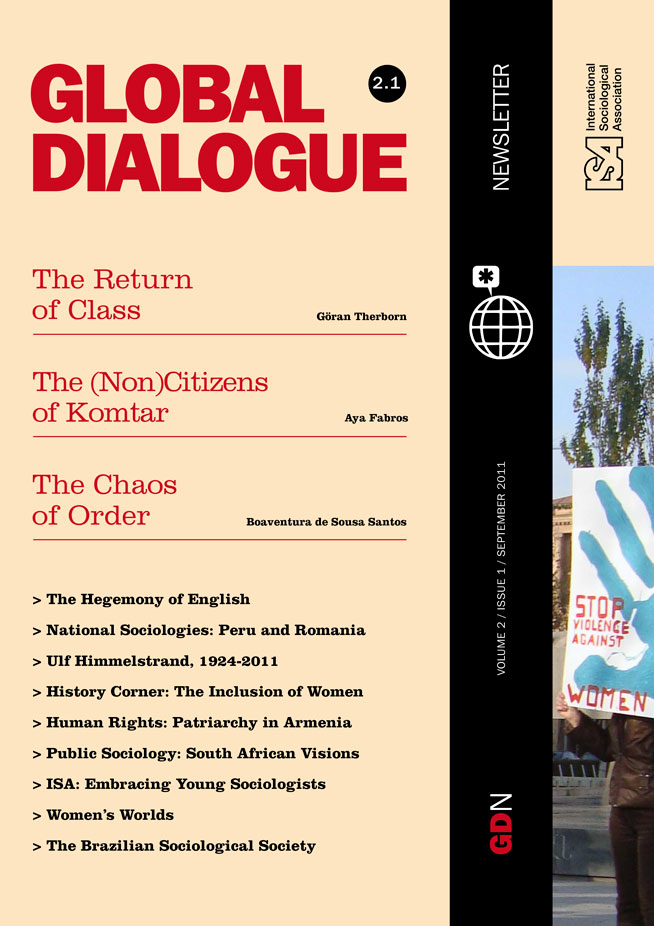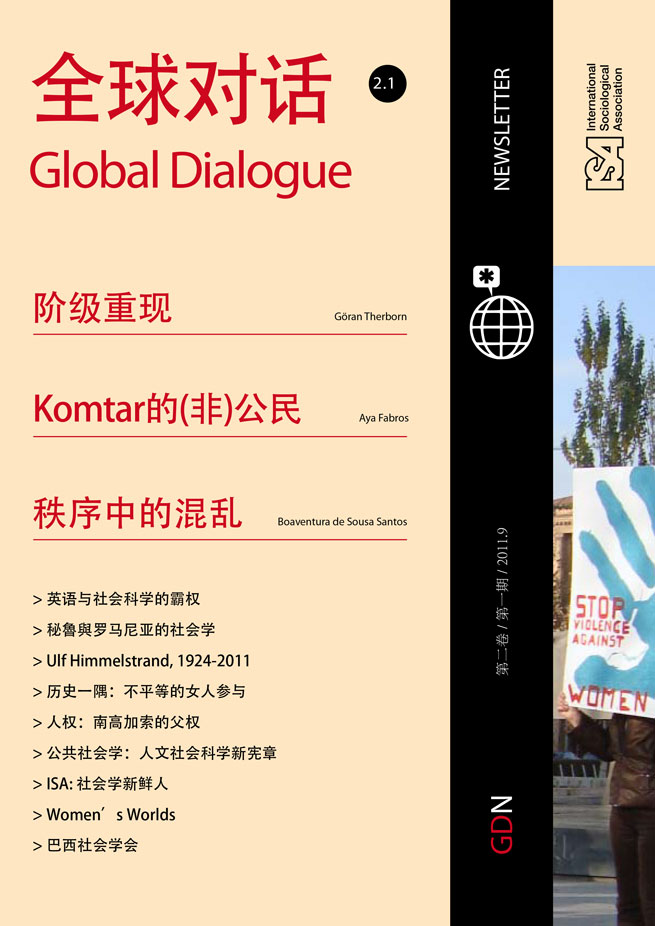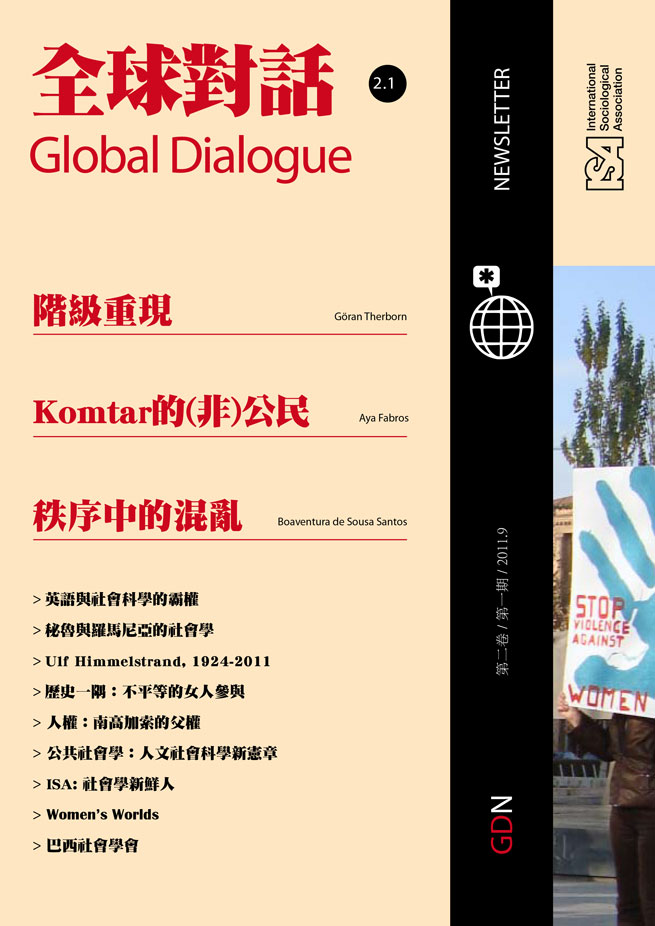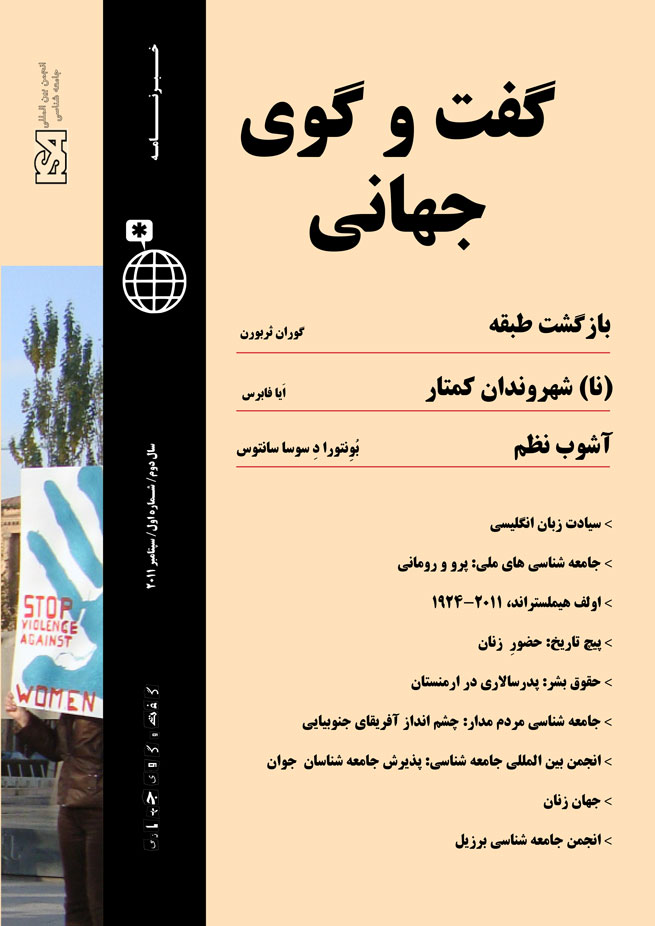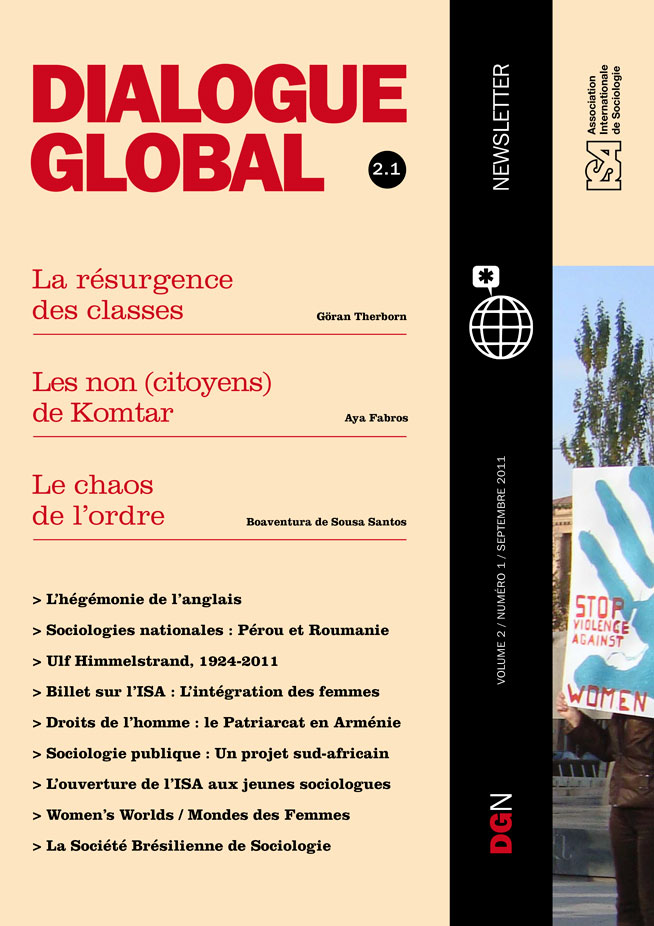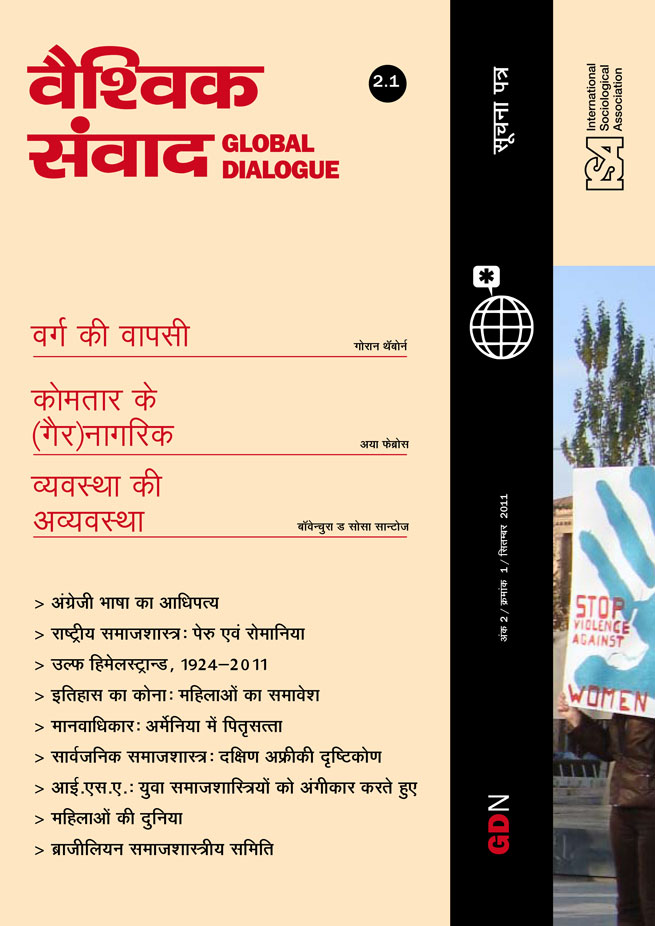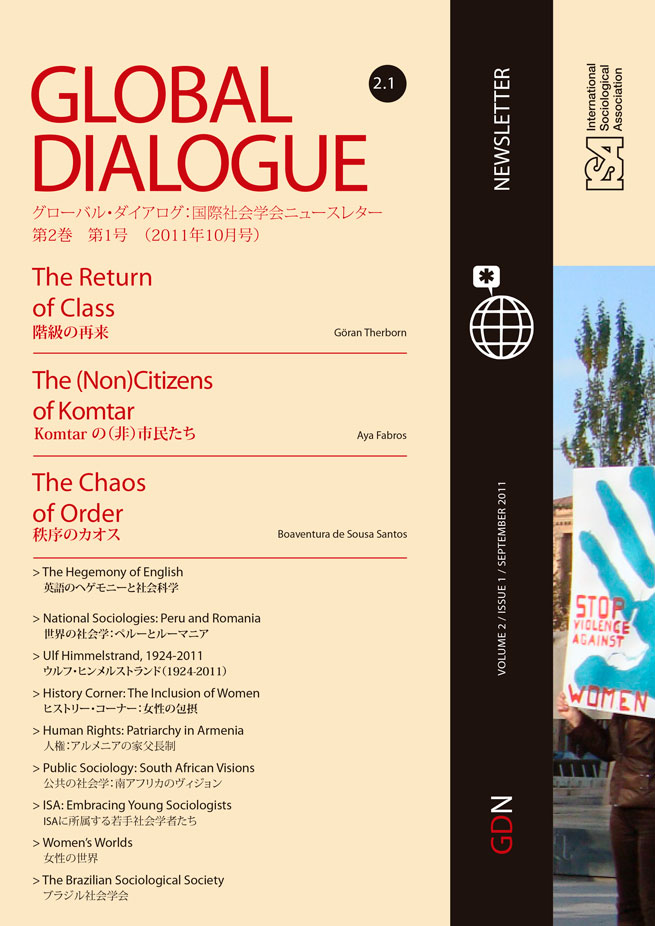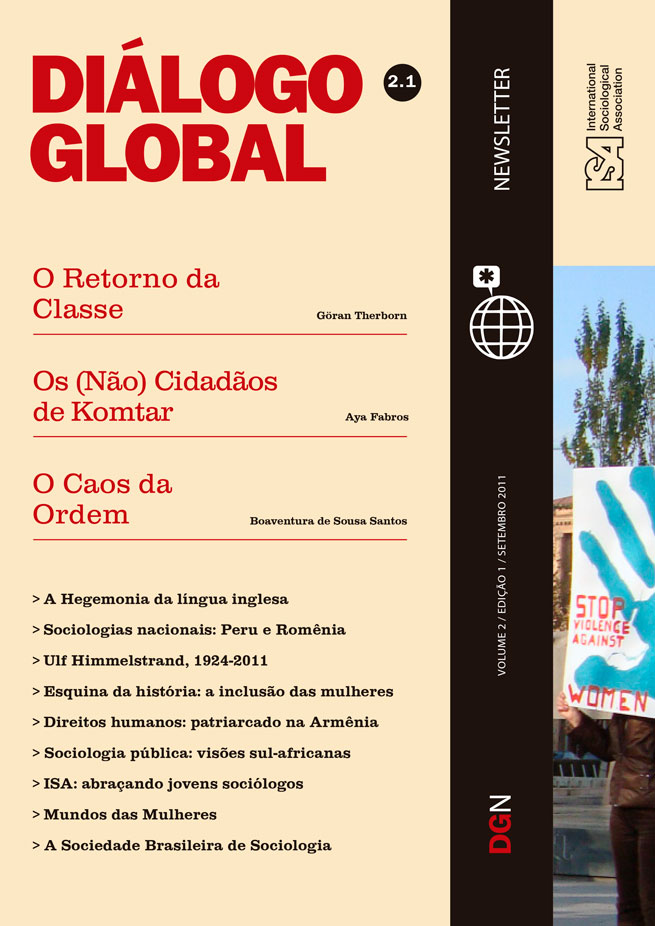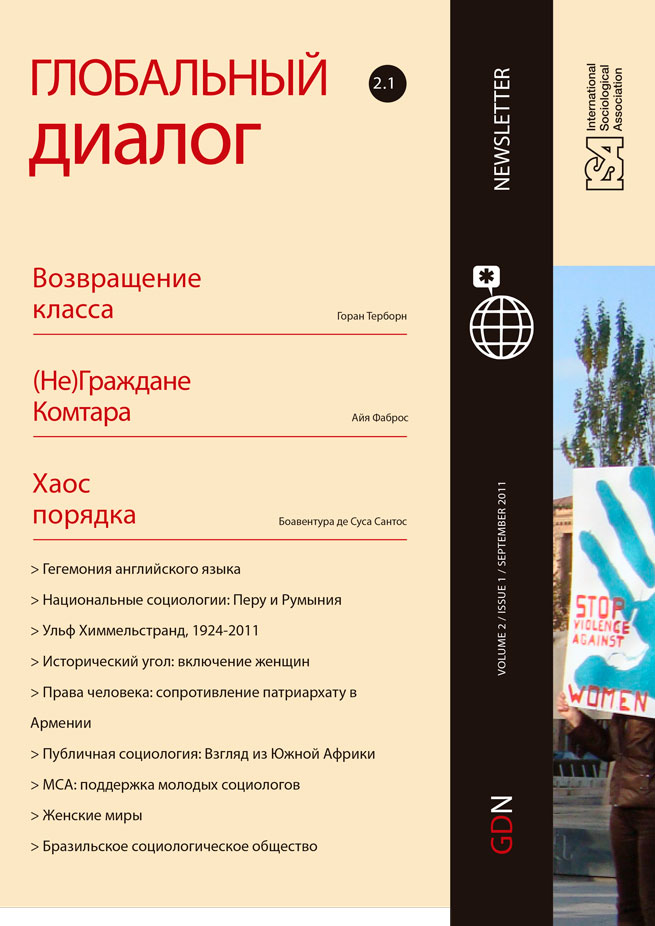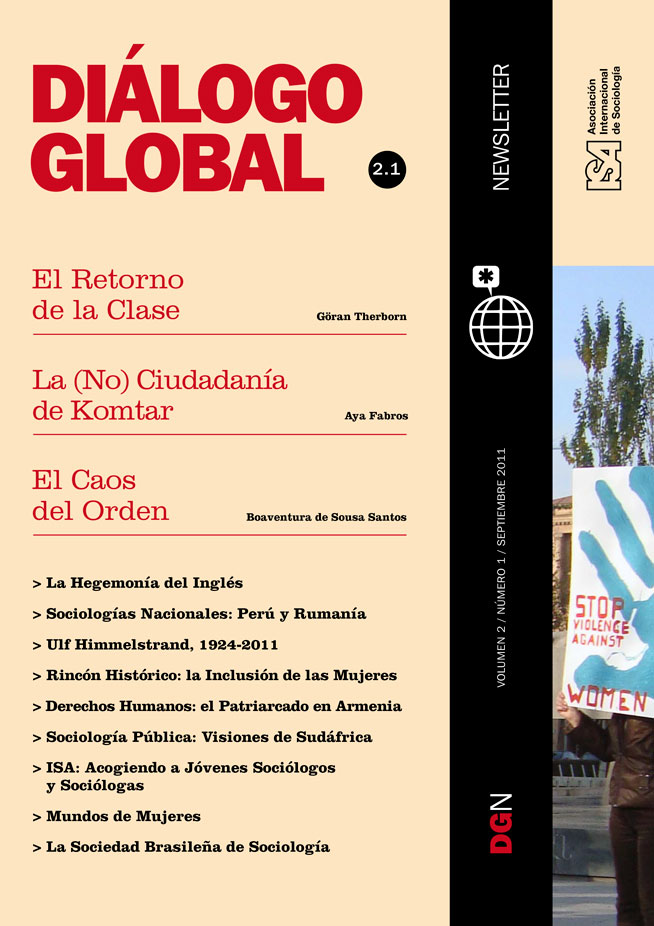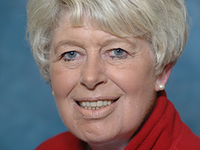Challenging Patriarchy in the South Caucasus
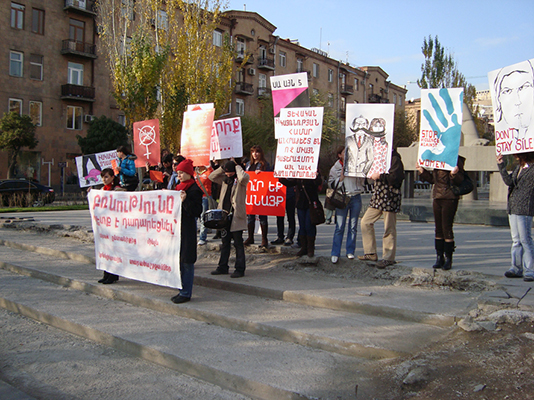
September 30, 2011
The collapse of the Soviet Union in 1991 inaugurated a challenging new stage for the women’s movement in Armenia and the whole region of the South Caucasus. With the assistance of international organizations and funds, women’s non-governmental organizations were established. In 2003 we formed a group of young women from Armenia and the Diaspora and started to discuss the problems that young women were facing in Armenia, Georgia, and Azerbaijan. Since we didn’t have any office space, we used to gather in a cafe-bookstore called Artbridge located in downtown Yerevan, the capital of Armenia. A year later we decided to create an empowering space for ourselves and other young women who openly resented being marginalized, underestimated and not being heard. That space turned out to be the first resource center created for young women in post-Soviet Armenia. In the beginning we were located inside the Yerevan State University campus and we served as a drop-in center for young female students.
Soon the bureaucratic order of the university posed insuperable obstacles to our activities, requiring us to leave the building at 6pm, forbidding us to discuss certain topics, such as sexuality, sexual health, and problems of sexual harassment in the university. So we were forced to move from the university and register ourselves as an independent non-governmental organization. We called it the Women’s Resource Center (www.womenofarmenia.org). Since 2006 we have been located in downtown Yerevan and we are open to women of all ages, education, sexual orientation and social backgrounds. Many people got to know us through our monthly training on women’s rights where we discuss discrimination against women in different parts of the world as well as in Armenia, the history of Armenian women’s movement, the connections among patriarchy, power and violence against women, and the social and cultural bases of gender construction. Apart from educational workshops, courses and publications, we also try to shake the apathy and indifference of post-Soviet youth by organizing different advocacy events, marches, collective exhibitions and festivals. We also mobilize people around numerous gender issues in Armenia and in the whole region of the South Caucasus (including Georgia, Azerbaijan and three conflict zones – Nagorno Kharabakh, South Ossetia and Abkhazia). Generally, our events are organized around controversial and taboo issues, such as women’s sexuality, virginity, and sexual violence against women. For example, in 2008 we organized an artistic event called “Burying the Red Apple”. The ritual of ‘red apple’ is a patriarchal ritual of controlling women’s body and sexuality which is still quite common in the small towns and villages of Armenia as a symbol of virginity of a young bride. According to this ritual the bride’s family and in-laws visit the new family on the second day after the wedding to make sure that the bride is a virgin. To symbolize the bride’s virginity they bring with them a basket of red apples.
We are also working on women’s role in the peace building processes. This is especially important given that there have been three brutal wars in the region since 1990. Indeed, even now we have a situation of ‘no war, no peace’. As a result, we are faced with thousands of single women and mothers, as well as thousands of refugees, all suffering from depression, and post-traumatic stress syndrome. So we opened a branch of our center in Nagorno Kharabakh to give women psychological support as well as medical advice. We have tried to develop business connections so that they can sell their home-made products. In an attempt to build bridges after wartime hostilities we have had joint meetings in such neutral places as Istanbul and Georgia where Armenians and Azerbaijanis could meet.
Together with our colleagues from Georgia and Azerbaijan, this year we organized a public reading of the famous Vagina Monologue in Armenian, Azerbaijani and Georgian and even in some dialects of our respective language. The event took place in Tbilisi, the capital of Georgia, in February 2011. We were very much afraid that this initiative would be condemned, but much to our surprise it was well received, with both men and women coming to hear women’s stories about violence and discrimination, about bodies and sexuality. As one of the participants reported: “It was incredible to hear the different sounding languages side by side, and to hear stories about sexuality, body, birth, rape, discovery, and so on from the lips of different women, with connected histories and experiences. It was as if the act of speaking dissolved the borders between the three countries.”
One of our most recent achievements, of which we are very proud, was drafting changes and amendments to the law on Sexual Violence in the Armenian criminal code. The draft is now in circulation in Parliament and we are hoping it will be accepted during the Fall hearings. The current law is very weak. According to it sexual assault is not classified and punished in the same way as other serious crimes.
Certainly, we are also experiencing a lot of obstacles, in large part because we are always positioning ourselves as feminists, which automatically makes us ‘radical’ and ‘women who are challenging the traditional patriarchal family.’ Usually, people are very surprised to hear that the women’s movement in Armenia is not something ‘imported’ from the US or Europe but, on the contrary, that it has deep roots in Armenian history going back to the 6th and 7th centuries when the equality of men and women was enshrined in legislation. Apart from the hostility of the public at large, we also face tensions within the women’s movement itself. Unfortunately, almost everywhere in the post-Soviet world there is a ‘monopoly’ of the women’s movement by women who used to be activists in the Communist Party and who have now moved over into the non-governmental sector. As a result in the majority of post-Soviet countries, including the countries of the South Caucasus, the contemporary women’s movement too often reproduces the elements of the patriarchal Soviet system, and its authoritarian style of leadership. It can be extremely resistant to innovative ideas and concepts. There is also a wide gap in the understanding of such concepts as ‘civic organization’, ‘grassroots organization’ and ‘social activism’ between the older women, former activists in the Communist Party, who are now running women’s NGOs, and the younger women who hold more egalitarian, less hierarchical perspectives on democracy, activism and social change. So, our main goal now as an NGO is to continue strengthening the position and self-confidence of young women so that they can participate in awareness raising, lobbying and advocacy campaigns for women’s rights and gender equality.
So here are seeds of a new women’s movement in the South Caucasus region – a movement based, on the one side, in developing democratic values and principles and, on the other side, in the recognition of ethnic and cultural peculiarities of gender and women’s rights.
Gohar Shahnazaryan, Yerevan State University, Armenia

